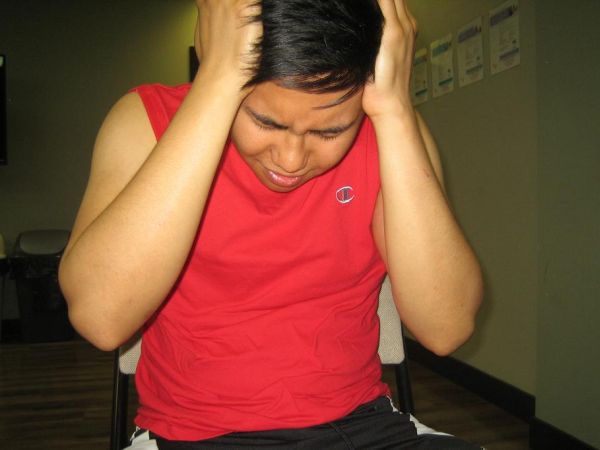Schizoaffective disorder is a mental disorder characterized by hallucinations, delusions and mood disorders like depression and mania.
The basic mechanism of development of schizoaffective disorder is still poorly understood. Inadequate psychiatric treatment can lead to decreased cognition, inability to focus on given task and non-social behavior.
Schizoaffective disorder Causes
The basic cause of schizoaffective disorders is still poorly understood. However, following things are worth noting while describing the causes of this mental disorder:
- Hereditary factors seem to play an important role. This disorder seems to run in some families.
- Changes in brain chemistry can trigger schizoaffective disorder. Imbalance between the levels of serotonin and dopamine is one of the basic causes of this disorder.
- It’s also seen in some children. Exposure of child to toxins and certain medicines during pregnancy can cause this disorder.
Schizoaffective disorder Signs and symptoms
The signs and symptoms of schizoaffective disorder include:
- Abnormal thoughts.
- Paranoia.
- Delusional ideas and beliefs.
- Hallucinations like hearing voices and seeing figures.
- Inability to make decisions.
- Suicidal and homicidal thoughts.
- Slurring of speech.
- Catatonic behavior i.e. a behavior which is at the extreme end of normal behavior spectrum.
- Poor hygiene and lack of concern about hygiene.
- Abnormalities in energy and appetite.
- Abnormal sleep patterns.
When to seek medical attention for schizoaffective disorder
If someone shows the symptoms of schizoaffective disorder, you should immediately consult a psychiatrist about the condition of the individual. Usually it’s difficult to force such individuals to seek medical care but you can support and encourage such individual to see a doctor.
Schizoaffective disorder Risk factors
Major factors which can increase the risk of developing this disorder include:
- Having a relative who is suffering from schizophrenia.
- Having a relative with mood disorders.
- Having a relative with schizoaffective disorder.
Schizoaffective disorder Complications
The possible complications of schizoaffective disorder include:
- The person can develop schizophrenia.
- The person can develop depression disorder.
- It increases the chances of development of bipolar disorder.
- It can increase suicidal tendency in the individual.
- The person can develop alcohol abuse problems.
Schizoaffective disorder Treatment
The therapies for this disorder include:
- Psychotherapy and counseling is one of the most effective psychiatric
therapies for the schizoaffective disorder. This technique is focused on developing a trust worthy relation with the affected person. This way the therapist can know the basic reason of the patient’s condition and can thus help patient out of the situation.
- The treatment is more effective when the individual is able to discuss his issues with his friends or family. So, family or group therapy is another psychiatric approach of treatment.
- Doctors can prescribe antipsychotic medications.
- Use of mood stabilizing medicines is also effective.
- Anti-depressants also help suppress symptoms of schizoaffective disorder.


